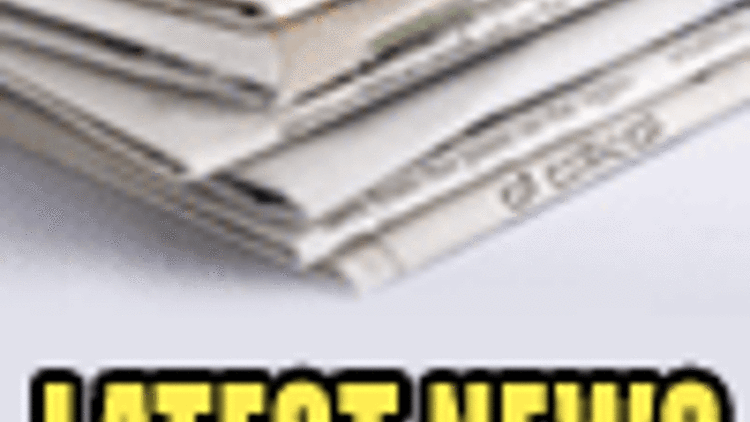'Intimidation by means of the state'
Güncelleme Tarihi:

ANKARA – The imposing tax fine on Dogan Media Group, or DMG, is a testimony to the danger democracy faces in Turkey, parliamentarians said yesterday, adding that government has geared up its campaign to suppress odd voices in the run up to local elections March 29.
“The fine is part of a government campaign to oppress the opposition,” said main opposition Republican People’s Party, or CHP parliamentary group deputy leader Cevdet Selvi, speaking to the Hürriyet Daily News & Economic Review. “The most dangerous aspect of the move is that it uses state authority to curb opposition, with complete disregard for the law.”
CHP leader Deniz Baykal said the tax fine represents a crisis of the democratic regime itself. “This affair cannot be reduced to a row between the government and a media group. The government has gone out of the way,” Baykal said. “Turkish media and the judiciary are not more independent than they were seven years ago. In democratic countries, what the government is doing is not conceivable.”
Democratic Society Party, or DTP, parliamentary group deputy leader Selahattin Demirtaş said the tax fine and the prime minister’s efforts to create a loyal media cannot be thought of as unrelated events. “Such a big pressure on the Doğan Media Group is also a warning to other media groups not affiliated with the government,” Demirtaş said. “It is a telling example of the magnitude of government pressure on the media.”
DGM has announced it will do everything in its power to unveil the real motive behind the tax penalty.
The greatest tax fine on a media group
DMG was ordered to pay 826.3 million Turkish Liras, or $490 million, by the Halkalı Tax Office on Tuesday. The tax office said the fine results from an alleged carriage of receipts from a 2006 sale, of a 25 percent share in Doğan TV to a German media group, into 2007 as a means to avoid taxation.
“The government increases its pressure on the people and against the opposition everyday. The pressure has become more grave, as the prime minister created his own media and filled the bureaucracy with its followers,” Selvi said, recalling that the prime minister made a call to his followers not to buy DMG newspapers. “This is blackmailing,” he said.
“If the Treasury has valid reasons in this affair, it should not hurry to announce it before the local elections. The fine is not independent from political developments,” Demirtaş said.
Meanwhile, speaking to Daily News yesterday, the International Press Institute, or IPI, Press Freedom Advisor Colin Peters said the institute is “looking into the matter with concern given the current press freedom climate in
Attack against media independence
Press organizations reacted against the fine and defined it as a political decision. “The prime minister first called to boycott the media group that criticized Erdoğan. He provoked people. When he could not get a result from that, then he showed the tax gun. ‘I will shoot you from this side if you do not come to my line,’” said Ahmet Abakay, the head of the Contemporary Journalists Association, or ÇGD.
Ercan İpekçi, head of the Turkey Journalists Trade Union, or TGS, said the government has tries to draw the press in line and this fine is a part of their efforts. “The current situation damages the independence of the media,” İpekçi said.
International reaction
The fine levied against the Doğan Media Group, or DMG, was largely seen internationally as the government’s way of trying to intimidate the press.
“I was surprised because I feel I am a friend of
Eugene Schoulgin, the international secretary of International PEN, a worldwide writers association dedicated to free expression, said: “During the last 10 years Turkey has come a long way toward being a more open and democratic society, but there are still several serious concerns connected to freedom of expression, including the existence of Article 301, which International PEN has always strongly criticized.”
Schoulgin also said the growing tendency of political leaders to pressure the media is a trend that “represents a serious threat to the exchange of free information and to the press as an unhampered body in society.”
He said in a modern democracy, the freedom of the press to investigate and criticize must be accepted and tolerated by all, and that a special responsibility lies on the shoulders of those chosen by the people to represent their country domestically as well as internationally.

